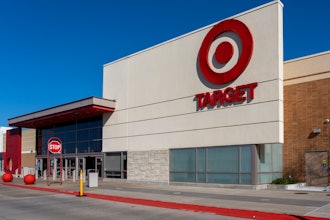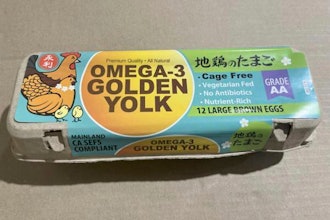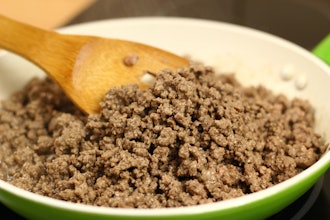
INDIANAPOLIS — Product recalls are still occurring, but the process has become more challenging and time-consuming as a result of the current regulatory and business environment, according to Stericycle Expert Solutions' First Quarter 2020 Recall Index released today. While the second quarter started with a dip in recalls in certain industries, the experts at Stericycle Expert Solutions predict that the coronavirus pandemic will lead to an eventual spike of recalls across the food, drug, consumer product, medical device, and auto industries once restrictions on businesses are lifted and regulators resume their traditional oversight activities.
“By and large, the FDA is continuing to post warning letters on its website and request voluntary recalls. Despite the publicized regulatory discretion, that agency hasn’t fully backed off product safety. And in the case of the CPSC, it looks more like the regulator has put the pedal to the metal,” warns Chris Harvey, Director of Recalls at Stericycle Expert Solutions.
COVID-19 Effect Similar to 2019 Government Shutdown
“While we began to see a drop in pharmaceutical and medical device recalls in April, it’s not unlike the dip in activity we saw during the government shutdown early last year,” added Amanda Combs, Recall Consultant at Stericycle Expert Solutions. “But we also know that trend does not necessarily apply across the board, as CPSC and FDA food recalls were significantly higher in April than they were in January 2019.”
Companies are operating in a completely new environment with remote workforces, supply chain disruptions, and shuttered facilities. With staff stretched thin and regulators making fewer on-site visits, quality and safety procedures are more likely to slip.
“While it may be too early to tell whether recalls will drop for the duration of the second quarter across the board, we’re more confident that a spike will occur in the months after enforcement discretion and emergency authorizations are lifted, regulatory officials get back on the road and inspectors return to the field. Anything that may have slipped through the cracks will be rectified,” Harvey said. “What companies need to worry about is the reputational hit of a recall announced two months too late. Not to mention the fact that recalls will be harder to execute if consumers are still in a panic about COVID-19.”
First-Quarter Recall Highlights
- A record high of childproof packaging recalls heading into the COVID-19 crisis and stay-at-home orders
- Software issues continue to create problems for medical device companies, accounting for the most recalls for the 16th consecutive quarter
- Current Good Manufacturing Practices (CGMP) deviations were the top cause of pharmaceutical recalls
- FDA food recalls remained steady while USDA recalls plummeted 78.6% to just six recalls
- Despite accounting for just 11.1% of announced auto recalls, Airbags yet again accounted for the greatest number of units impacted (60.1%)
But beyond these numbers, we see companies outside the traditional medical and healthcare industry – including automakers - such as Ford Motor Company - entering the FDA’s territory by producing medical equipment, opening themselves to a strict and complex regulatory environment they are not well-versed in following. At the same time, medical and pharmaceutical companies are quickly ramping up production to make up for industry shortages. Unfortunately, speed often comes at the expense of quality or safety. In both cases, once the FDA’s emergency authorizations come to an end, companies will almost certainly feel the consequences.
Meanwhile, consumer concern about a perceived lack of food safety is at a point it’s never been before; this has the potential to drive advocacy campaigns and increase pressure on regulators who will then impose stricter rules. As for the consumer-product industry, we’re already seeing an increase of recalls now that children are spending more time at home.
“Now’s the time to get your crisis management and recall plans ready,” advises Harvey. “The regulators are going to be unforgiving when the pandemic subsides.”
Stericycle Expert Solutions’ First Quarter Recall Index brings more of what you need to know about the trends and changes in safety regulation, how COVID-19 will impact recalls in all industries, and what to expect in the second quarter and beyond. The Index also features expert insight and analysis from its strategic partners at leading law firms, insurance companies, and communications firms.
The full First Quarter 2020 Recall Index is available here: http://pages.stericycleexpertsolutions.com/2020-q1-recall-index-us
About the Stericycle Recall Index: The Stericycle Recall Index is the only report that aggregates and tracks recall data to help manufacturers and other industry stakeholders navigate the regulatory environment and identify trends. Each quarter Stericycle analyzes data from the U.S. Consumer Product Safety Commission (CPSC), the National Highway Traffic Safety Administration (NHTSA), the FDA, and the USDA. For more information, please visit www.stericycleexpertsolutions.com/thought-leadership.
Stericycle Inc. is a NASDAQ-listed global business-to-business services company which provides highly specialized solutions to healthcare and commercial businesses of all sizes.






















